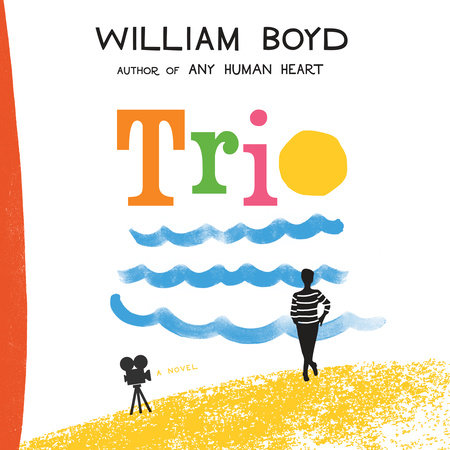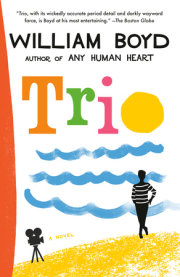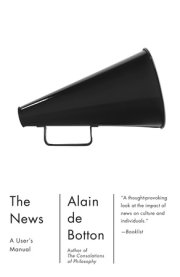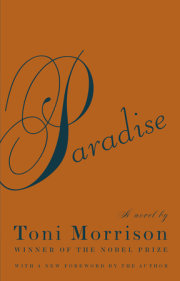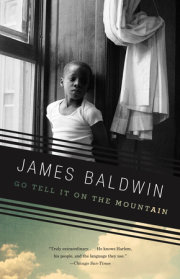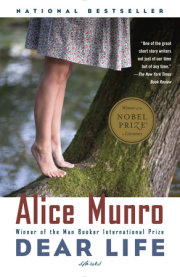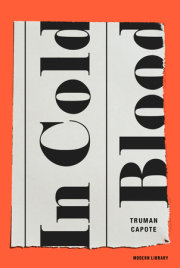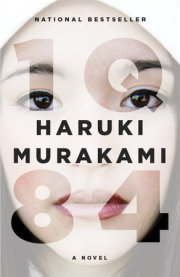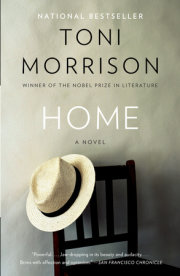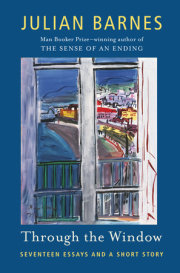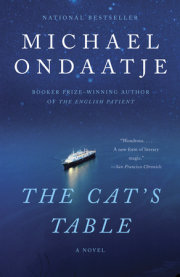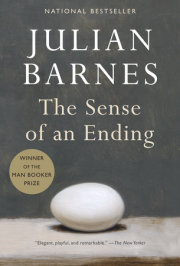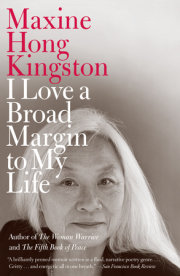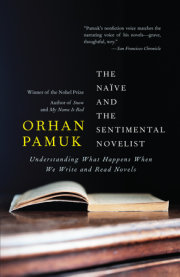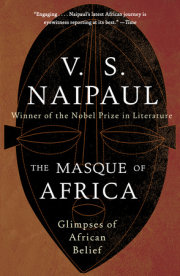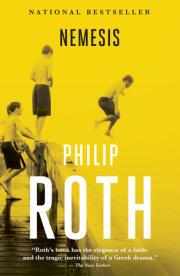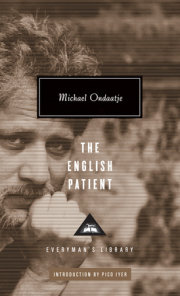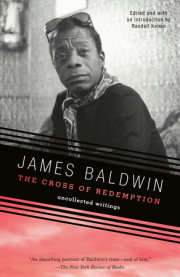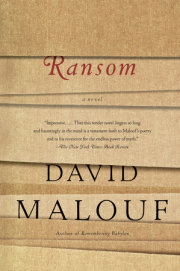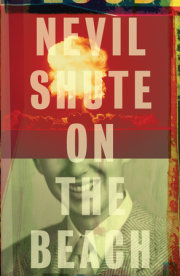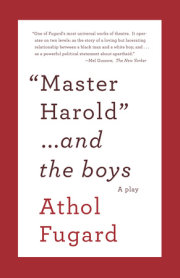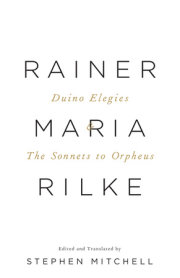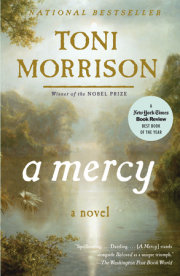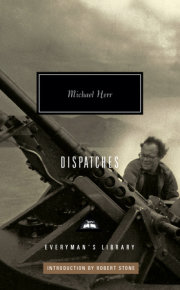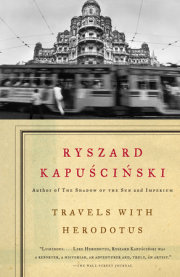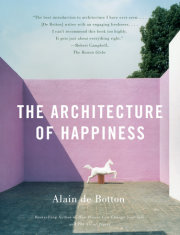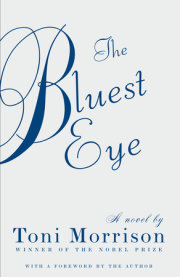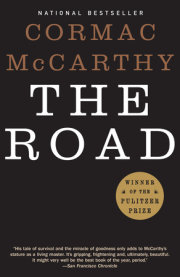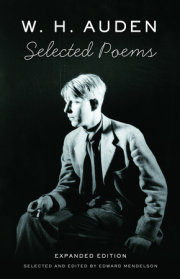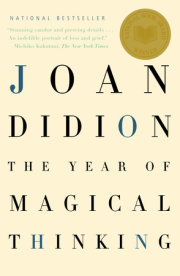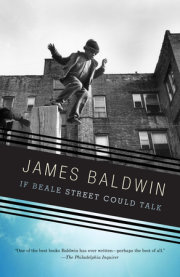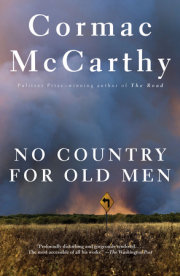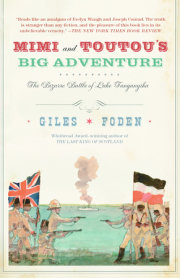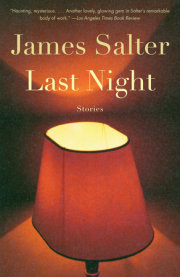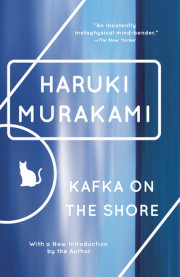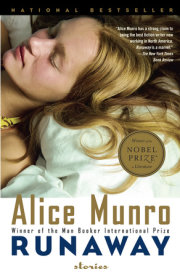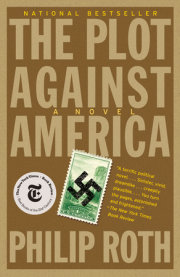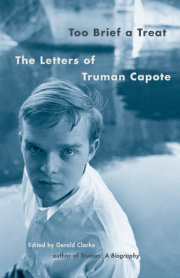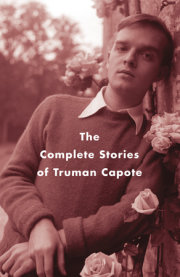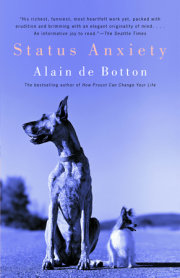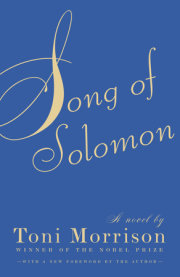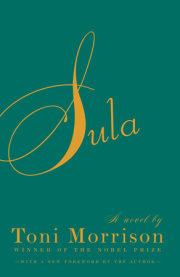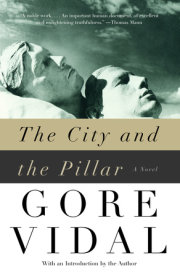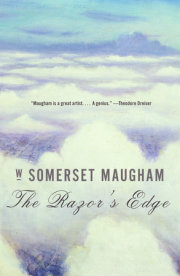1
Elfrida Wing stirred, grunted and shifted sleepily in her bed as the summer’s angled morning sun brightened the room, printing a skewed rectangle of lemony-gold light onto the olive-green-flecked wallpaper close by her pillow. Elfrida, wakened by the glare inching towards her, opened her eyes and considered the wallpaper, bringing it into focus with some difficulty, trying to force her comatose brain to work, to think. As usual, on waking she felt absolutely terrible. In front of her eyes, small sharp leaves seemed to be depicted there, in a stylised manner, she decided—or were they birds? Bird shapes? Or perhaps they were simply daubs and splatters of olive green that brought leaves and birds to mind.
No matter. Leaves, birds or random flecks—who really cared in the great scheme of things? She eased herself out of bed and slowly pulled on her dressing gown over her pyjamas. She slipped down the stairs as quietly as possible, wincing at each creak, hand securely gripping the banister, trying to ignore the awful hill-cracking headache that, now she was upright, had begun thumping behind her eyes, making them bulge rhythmically in sympathy, or so she felt. Then she remembered Reggie was long gone, up at first light, off to his film. She could relax.
She paused, coughed, then farted noisily and finished her descent of the staircase with careless din, striding into the kitchen and flinging open the fridge door looking for her orange juice. She scissored off the top of a carton and poured herself half a tumblerful before turning to the condiment cupboard and removing the bottle of Sarson’s White Vinegar that she kept there behind the pack of sugar. She added a sizeable slug to her orange juice. Sometimes she wished vodka had more flavour, like gin, but she recognised at the same time that its very neutrality was her greatest ally. Vodka and tap water in a tumbler was her daily tipple when Reggie was around. He never questioned her near-constant thirst, luckily, and never wondered why there was always a considerable stock of Sarson’s White Vinegar in the cupboard. Elfrida sat down at the kitchen table and sipped at her vodka and orange juice, finishing it quickly, and then poured herself another, feeling the buzz, the reassuring hit. Her headache was disappearing already.
The title of a novel came mysteriously, unbidden, into her head—The Zigzag Man. She could almost see the cover in her mind’s eye. A clever use of the two zeds; perhaps different colours for the “zig” and the “zag” . . . She poured herself more orange juice and went back to the cupboard for the Sarson’s, emptying the last half-inch into the glass. Better buy another bottle of voddy, she told herself. Or two. She found her notebook and wrote the title down. The Zigzag Man by Elfrida Wing. She had noted dozens of titles for potential novels, she saw, flicking back through the pages. There they were: The Summer of the Wasps, Freezy, The Acrobat, Drop Dead Gorgeous, A Week in Madrid, The Golden Rule, Dark Eulogy, Jazz, Spring Equinox, The Lightning Process, Cool Sun, Mystery in a Small Town, Estranged, Artists’ Entrance, Berlin to Hamburg, The Windrow, The Riviera Gap, A Safe Onward Journey, Falling Away—title after title of unwritten novels. And now The Zigzag Man could be added to their number. Titles were the easy bit—writing the novel was the awful challenge. She sipped her juice, feeling sad, all of a sudden. It was now over ten years since her last novel had been published, she remembered ruefully: The Big Show, published in the spring of 1958. Ten long years and not a word of fiction written—just list after list of titles. She finished her juice feeling a numbness overwhelm her, tears stinging her eyes. Stop thinking about bloody novels, she told herself, angrily. Have another drink.
2
Talbot Kydd woke abruptly from his dream. In his dream he had been standing on a wide beach and a young man, naked, was walking out of the modest surf, waving at him. He sat up, still half asleep, still in a dream-daze, taking in his surroundings. Yes, he was in a hotel, of course, not at home. Another hotel—sometimes he thought he had spent half his life in hotels. Anyway, he didn’t really care: the room was generously large and the bathroom functioned perfectly. It was all he needed for his stay. London was close, that was the main thing.
Now he swung his legs out of the bed and stood up, slowly, blinking, and rubbed his face, hearing his alarm go off. Six o’clock. What an absurd time to start your day, he thought, as he always did when his impossible job made these demands. He stood, stretched carefully, raising his arms above his head for a few seconds as if trying to touch the ceiling, hearing joints crack satisfyingly, and then pottered through to the bathroom.
As he lay in his bath, steam rising, he thought again of the dream he’d been having. Was it a dream or was it a memory? Pleasingly erotic, anyway, and about a young man, pale and limber . . . Or was it Kit, his brother? Or was it someone he’d actually photographed, perhaps, one of his models? He could remember the body but not the face. He tried to recover more details but the dream-memories wouldn’t coalesce and the young man remained immovably generic—alluring, slim, unidentifiable.
He shaved, he dressed—classic charcoal-grey suit, white shirt, his East Sussex Light Infantry regimental tie—and ran his two brushes through the near-white wings of hair above his ears. The bathroom ceiling lights gleamed brightly on his freckled baldness. Bald at twenty-five, his father had once observed: I do hope you’re my child. It had been an unkind remark to make to a young man self-conscious about his early hair loss, Talbot thought, recalling his father, who had dense straw-coloured hair, driven back from his forehead in tight waves, like a man facing into a gale. But then kindness was not a virtue you’d ever associate with Peverell Kydd so perhaps the slur was evidence of genuine suspicion . . .
He took the stairs down to the dining room and breakfast, expunging thoughts of the old bastard from his mind. Peverell Kydd, dead two decades now. Good. Fuck him and his shade.
He was almost alone in the dining room of the Grand as it was so early. A middle-aged couple in tweeds; a plump man with hair down to his shoulders, smoking, were his three companions. Talbot ordered and consumed his habitual kipper, drank four cups of tea, ate two slices of white toast and raspberry jam, all the while idly watching a rhomboid of sunlight on the maroon carpet slowly turn itself into an isosceles triangle. A sunny day—perfect for Beachy Head.
He had nearly finished his fifth cup of tea when his line producer, Joe Swire, appeared and ordered a pot of coffee from the pretty young waitress with the port-wine birthmark on her neck. Why did he notice such smirches, Talbot wondered, and not celebrate the young waitress’s guileless beauty instead? And here was Joe, opposite him, a handsome young man whose good looks were marred by poor teeth, soft and snaggled.
“Break it to me gently, Joe,” Talbot said as Joe consulted his clipboard with the day’s schedule and business.
“The Applebys have postponed,” Joe began.
“Excellent.”
“But they’ve asked for another copy of Troy’s contract.”
“Why? They have it. They countersigned it.”
“I don’t know, boss. And Tony’s off sick.”
“Which Tony?”
“The DoP.”
“What’s wrong with him?”
“Touch of flu.”
“Again? What’ll we do?”
“Frank will cover.”
“Frank?”
“The camera operator.”
“That Frank—right. Is RT happy?”
“Seems to be.”
They chatted on for a while, going over the schedule and anticipating potential problems. Talbot realised that he over-relied on Joe’s expertise to ensure the film ran smoothly. He didn’t enjoy the pettifogging nuts-and-bolts business of making a film, it wasn’t his forte. Which is why he hired someone like Joe, of course, to manfully shoulder what really should have been his burden. Talbot knew he should try harder and show more interest, such as remembering people’s names. It was one of Peverell Kydd’s salient pieces of advice. If you remember their names and what they do they’ll think you’re a god—or a demi-god, at least. As with most of his father’s proffered wise counsel Talbot was reluctant to take it. Whatever you choose to do in your life, my boy, don’t, repeat, don’t have anything to do with the film business, you’re absolutely not the right type of person, so his father had declared. And yet here he was—a film producer with more than a dozen films to his name. Just like his father—although not a legend, definitely not, and certainly not as rich.
Talbot sat back and exhaled. Why did he feel sour and cantankerous today? he wondered. The sun was shining, they were in week five, close to halfway through the filming schedule; there had been crises, of course, but nothing calamitous. He was wealthy enough, contentedly married, in good health, his children grown up and thriving, after their fashion . . . So what was chafing at him?
“You all right, boss?” Joe asked, as if he could sense Talbot’s darkening mood.
“Yes, yes. All’s well with the world. Shall we go to work?”
Copyright © 2021 by William Boyd. All rights reserved. No part of this excerpt may be reproduced or reprinted without permission in writing from the publisher.

